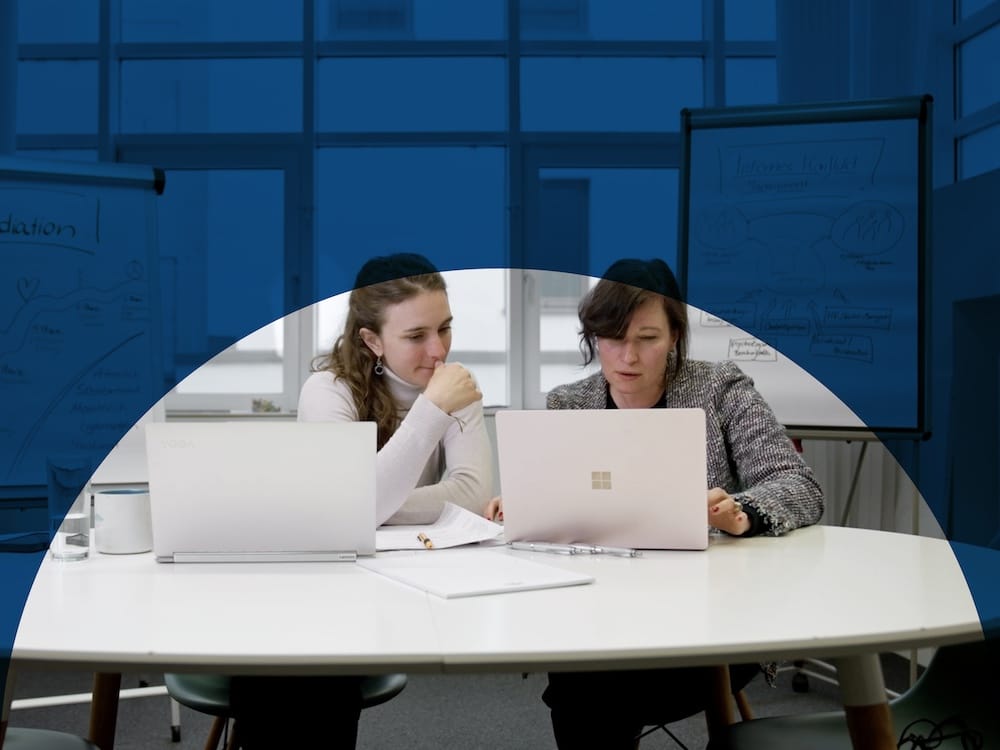Mediation & conflict consulting –
Conflict resolution in the company
Conflict management and conflict resolution in your company
CONSENSUS Solutions offers comprehensive mediation and conflict management services with the aim of effectively resolving conflicts and promoting sustainable cooperation in your organization. Our experienced mediators use proven methods to mediate between the parties, clarify misunderstandings and develop constructive solutions. These strategies help to improve the working atmosphere, increase productivity and ensure long-term employee satisfaction.

Our services for conflict resolution in the company

Find a mediator – Mediation in the company

Conflict hotline for companies

External pool of mediators

Internal Audit & Personnel-related investigations
Objective clarity in internal matters – trust our experts.
Your advantages through conflict resolution in your company
Comprehensive expertise
CONSENSUS Solutions has a broad range of expertise in the areas of mediation, conflict management and organizational transformation. Our team consists of over fifty highly qualified, international experts.
Customized solutions
We recognize that no two organizations and situations are the same. CONSENSUS Solutions offers customized services that are tailored to specific needs and challenges. This enables more effective and targeted interventions.
Sustainable results
Our focus is not just on short-term solutions, but on achieving sustainable change. We work to promote lasting improvements in relationships and processes within organizations that lead to long-term satisfaction and increased productivity.
Accessibility and support
CONSENSUS Solutions attaches great importance to the accessibility of its services. We offer flexible support, from immediately available conflict hotlines to comprehensive mediation programs that ensure help is available when and where it is needed.
Benefit from state subsidies for the further training of your employees!
Discover a wide range of funding opportunities that can provide your employees with financial support.
What mediation can do for your company
Inefficiencies, absenteeism, dismissals and reputational damage can cost your company dearly. Rely on our expertise and find out what mediation and conflict resolution can do for your company.
Contact us for a non-binding consultation on mediation in your company.
You are currently viewing a placeholder content from YouTube. To access the actual content, click the button below. Please note that doing so will share data with third-party providers.
More InformationSuccess stories
Here you will find inspiring examples of our work in the field of Mediation & Conflict Management:
Follow us on LinkedIn
How can we support you?
We look forward to arranging a non-binding initial consultation with you.
Simply write to us using the contact form and find out how we can help your organization move forward.
You can also reach us by telephone during our business hours.
You are currently viewing a placeholder content from HubSpot. To access the actual content, click the button below. Please note that doing so will share data with third-party providers.
More Information


